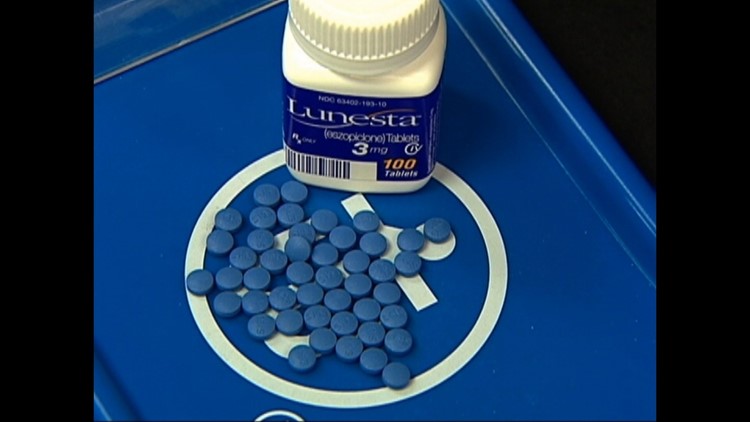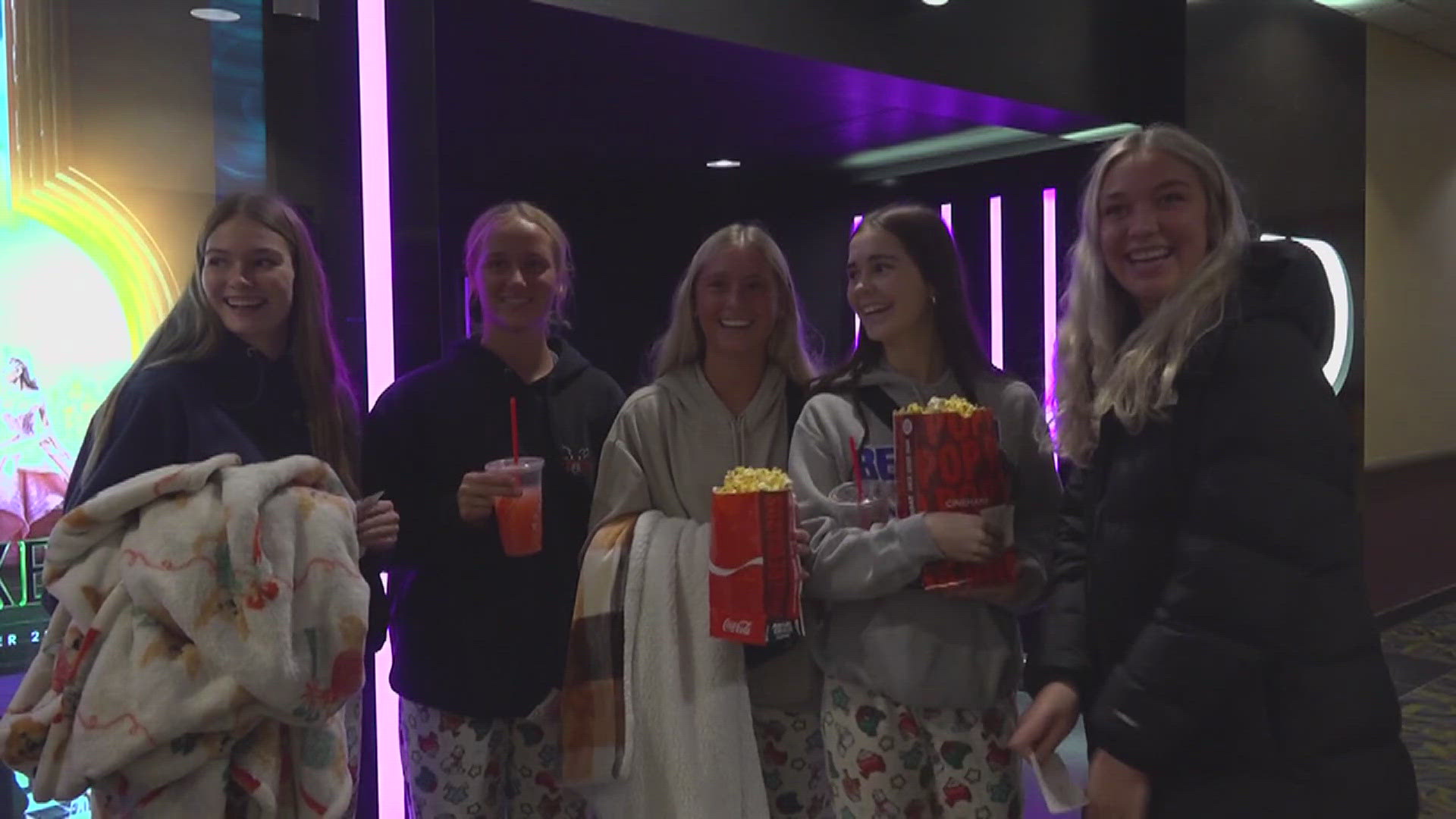(CNN) — Lunesta may help you doze off at night, but it’s the morning after that has officials concerned — which is why on Thursday they halved the recommended dosage for the well-known sleep aid.
The U.S. Food and Drug Administration cited data showing that a person may be less alert and do things such as driving less safely the day after taking Lunesta.
In particular, the federal agency pointed to one study of 91 healthy adults between the ages of 25 and 40, some of whom were given 3 mg of Lunesta, while the others got a placebo, or inactive pill.
Men and women who took the active drug had “severe next-morning psychomotor and memory impairment” some 7½ hours later, as well as “impairment to driving skills, memory and coordination as long as 11 hours after the drug is taken,” according to an FDA news release.
As a result, the FDA decided to decrease the recommended starting dose of Eszopiclone, as sold by Sunovion under the brand name Lunesta, from 2 mg to 1 mg.
The federal agency noted that health care professionals could increase the dosage as high as 3 mg while warning of the consequences.
“To help ensure patient safety, health care professionals should prescribe, and patients should take, the lowest dose of a sleep medicine that effectively treats their insomnia,” said Dr. Ellis Unger, a drug evaluation director at the FDA.
Sunovion, the company that makes and markets Lunesta, did not immediately respond Thursday to CNN requests for comment on the recommended dosage change.
According to the product’s website, Lunesta is “the No. 1 prescribed branded sleep aid,” with more than 31 million prescriptions for the drug written. The same site states that “more than 30 studies” have shown Lunesta “to be effective in many different types of insomnia patients,” adding that “there are no restrictions on duration for taking Lunesta.”



